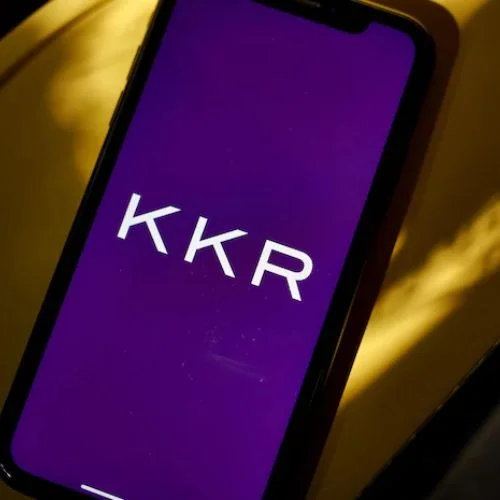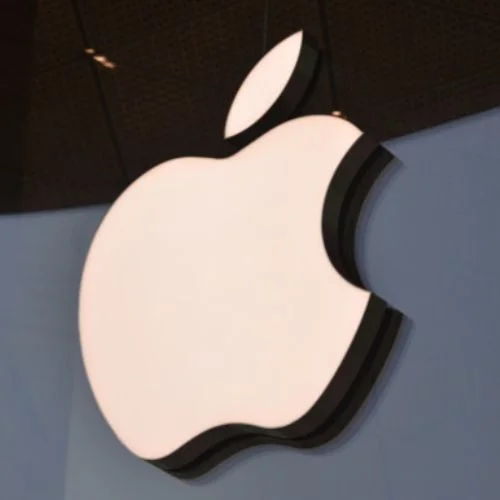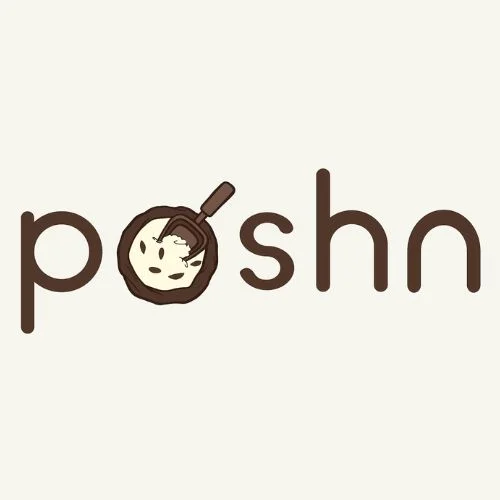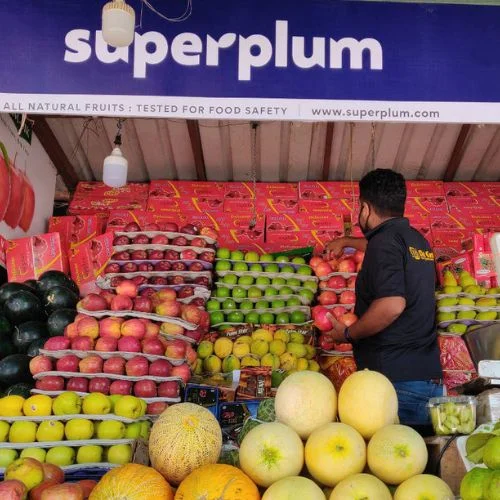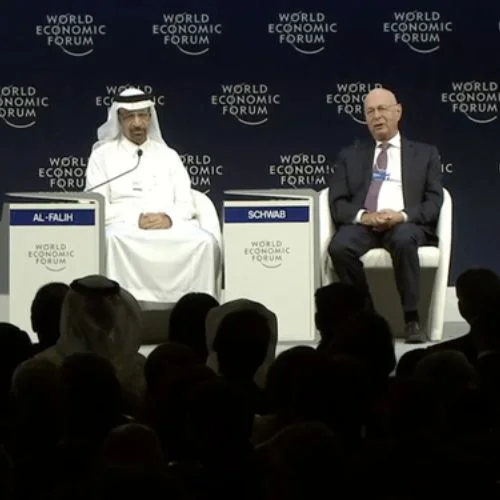Global supply chains have shrunk the world by allowing us to get almost everything we want at the touch of a button. However, when it comes to things like authenticating the origin or composition of a physical article, those same fractured chains and the many steps between a manufacturer and a customer may be an expensive minefield for the organizations that work inside them.
The round is being led by Highland Europe, with former investor Long Ridge also taking part. Oritain is not disclosing its valuation, save to say that it is higher than before due to an annual growth rate of more than 90% and customer retention of more than 100%.
Oritain currently provides SaaS-based tooling for researching the origins of food and textiles, and it works with 100 companies, including large multinationals such as Nescafe, Lacoste, Supima, and Primark, who use it to ensure that they are receiving what they expect, that customers are receiving what they intend to send, and to help them stay in ESG and the growing body of regulatory compliance around how and where materials and other products are obtained.
While many consumer packaged goods appear to be fully traceable via barcodes, bluetooth tags, and other monitoring technologies, Oritain’s technique is a really creative supplement that gets to the heart of the object itself.
Oritain is based on the idea that an object and the materials it is made of convey a narrative. According to Cochrane, the story can be uncovered using tactics similar to those used by forensics professionals in a crime lab.
Cotton grown in one region of the world will look different in a lab under a microscope than cotton farmed in another part of the world. Changes in the environment, for example, have a greater impact on how cotton grows and appears than you may realise. Events such as earthquakes and fires, as well as regular soil conditions in a specific location, can all be traced by meticulously inspecting the material and comparing it to other material and data.
“It’s based on causality,” said CEO Grant Cochrane. “That’s how our science operates.” “Environmental change is our friend.”
Oritain compares a variety of measurements to other information it has about a location — the claimed origin — to determine whether that material — cotton in this example, but it could be coffee or something else — truly came from the location its sender claimed.
“It’s based on causality,” CEO Grant Cochrane explained. “That’s how our science operates.” “Environmental change is our best friend.“
Oritain compares a variety of measurements to other information it has about a location — the stated origin — to assess whether the material — cotton in this case, but it might be coffee or something else — genuinely came from the area indicated by the sender.
“Oritain’s forensic science can take a commodity sample and tell you precisely where in the world it comes from,” Highland Europe partner Jacob Bernstein said in a statement. “Does this cocoa come from a National Park that has been deforested?” Is this cotton from the location that my supplier claims? Is this coffee actually Brazilian, as stated on the label?
This game-changing technology is a dream solution for sourcing and sustainability leaders at the world’s largest businesses, allowing them to truly understand the authenticity of their supply chains. We are thrilled to be collaborating with the Oritain team to revolutionise origin verification.”









